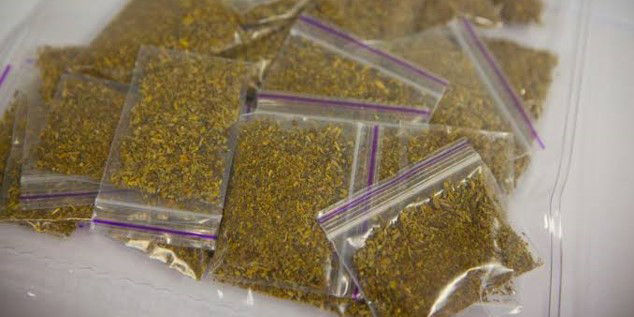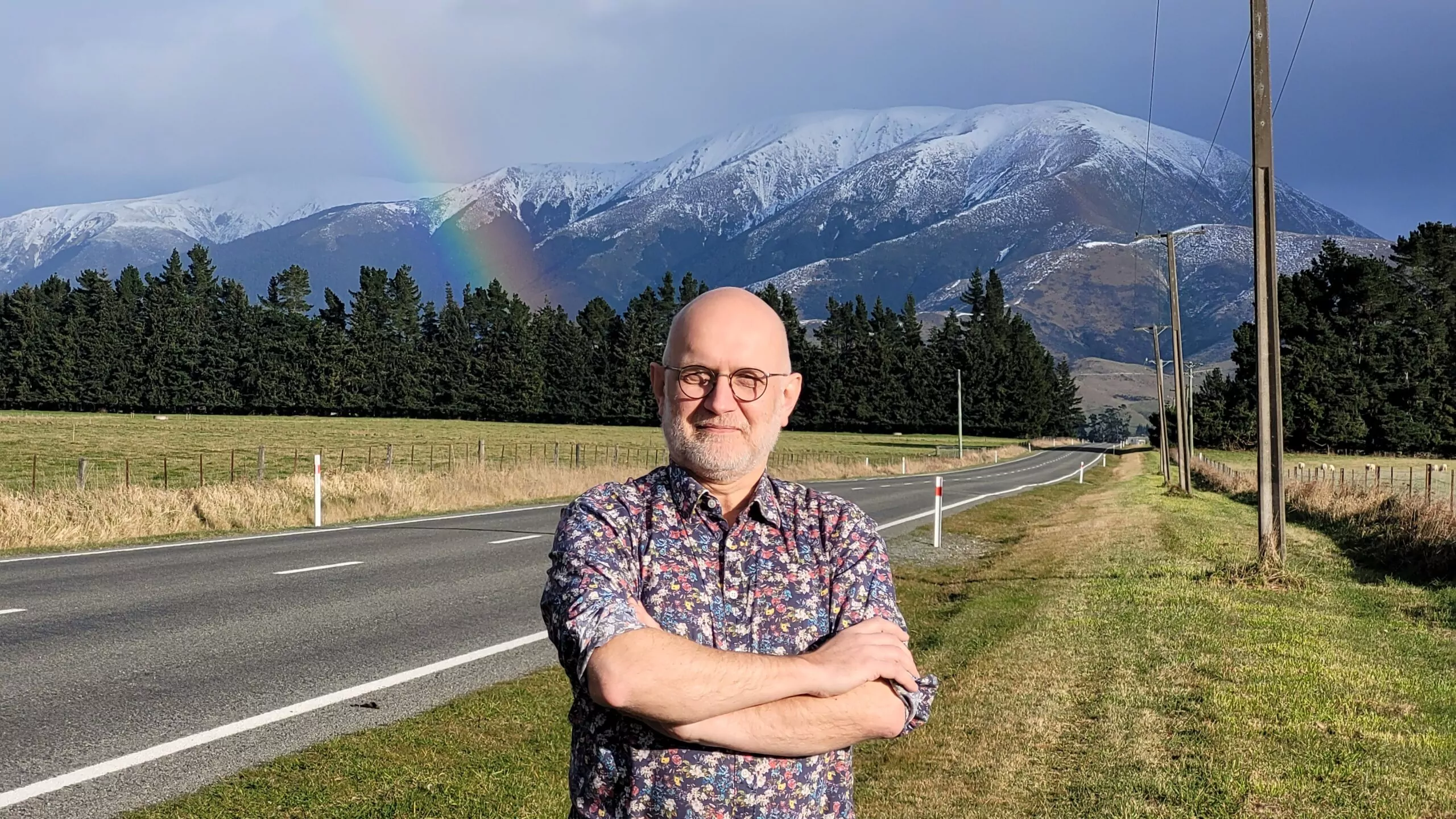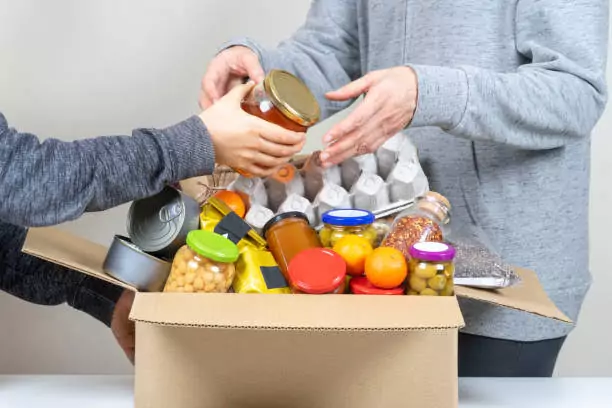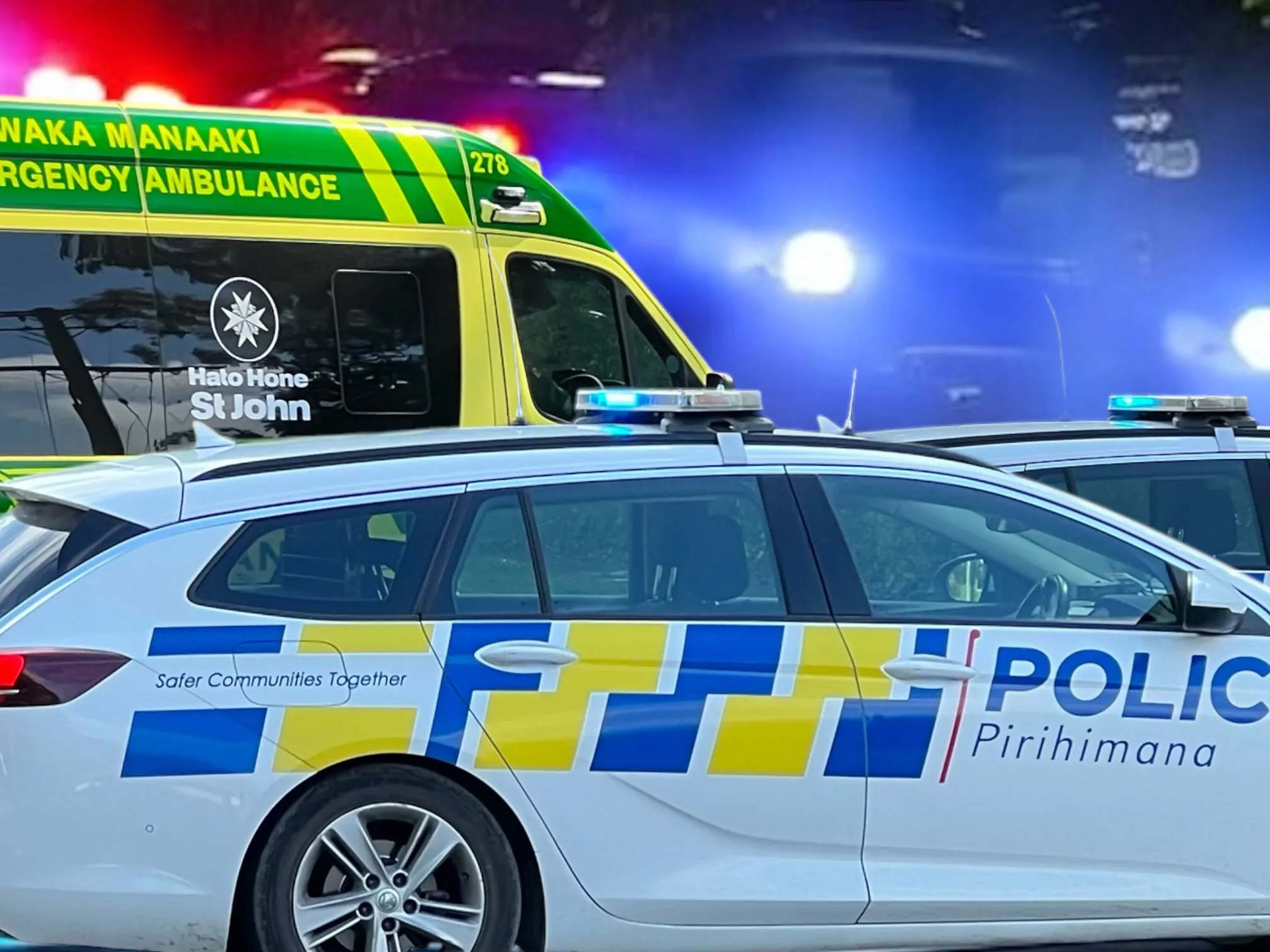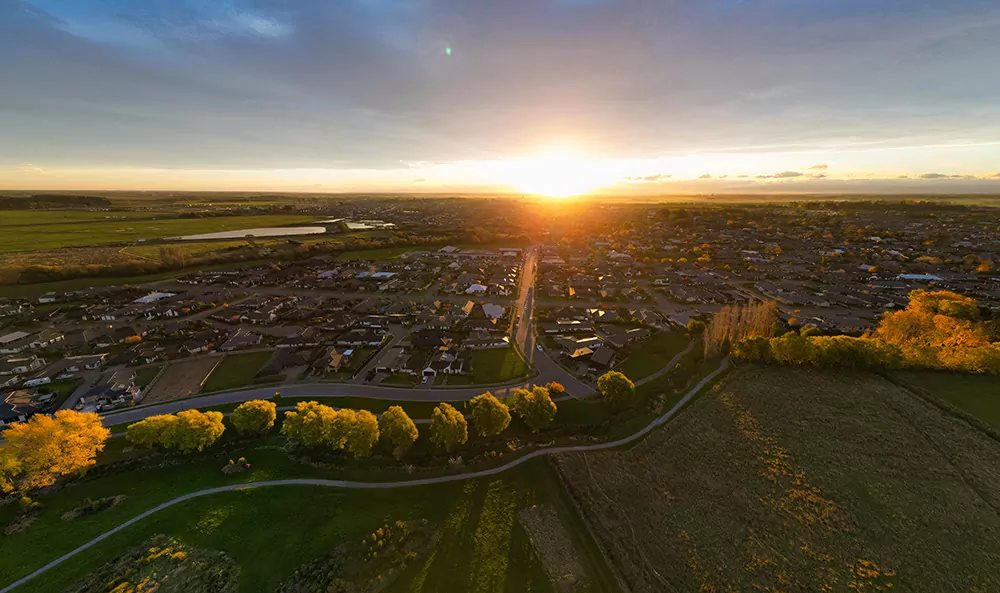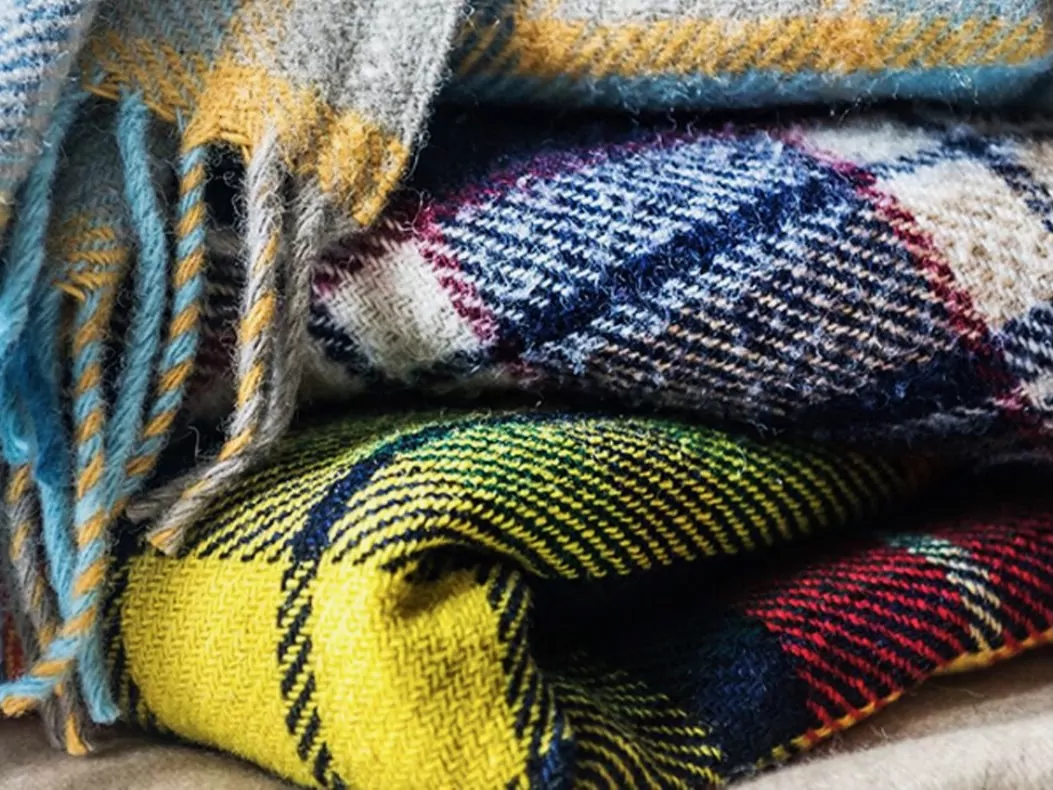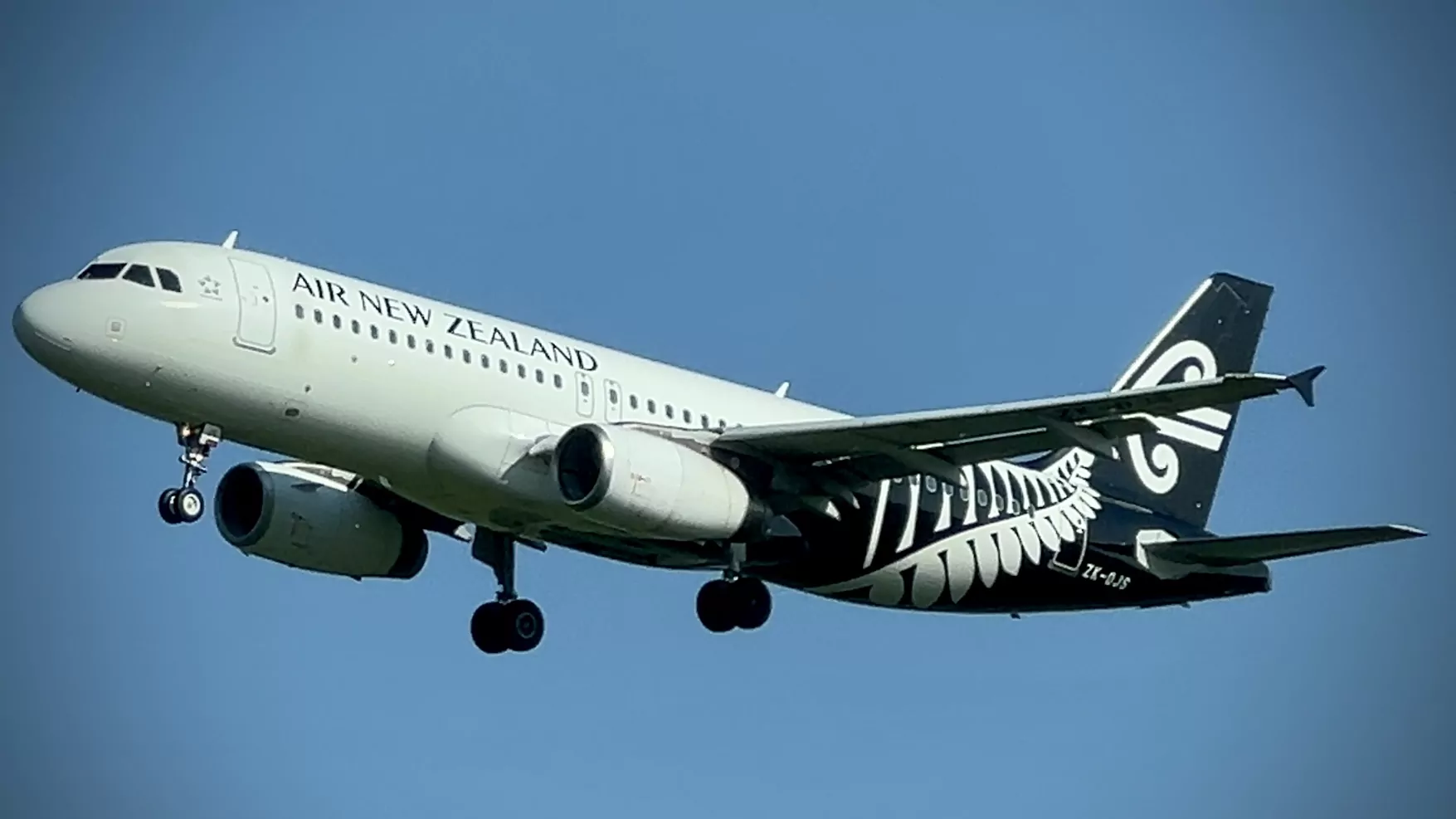A “particularly dangerous batch of synthetic cannabinoids” has been linked to serious hospitalisations in Christchurch, and possibly a death.
Harm reduction agency High Alert has released an urgent public health message tonight.
It said the drugs (also known as synthetics or synnies) are linked to at least two serious hospitalisations in Christchurch within a 24-hour period.
“Synthetic cannabinoids are a group of chemicals and it is currently unknown which synthetic cannabinoid is responsible for this harm.
High Alert is also currently investigating further synthetic cannabinoid-related incidents in the Christchurch area.”
High Alert is urging extreme caution if consuming synthetic cannabinoids, especially in the Canterbury region at this time.
“If you or someone you know takes this substance and starts to lose consciousness or stops breathing, call 111 immediately.
This batch is likely present throughout the Canterbury region, and possibly other regions in New Zealand.”
The agency said the ingredient in the batch, circulating in Canterbury, is responsible for a number of deaths overseas, and it is believed to be one of the most dangerous synthetic cannabinoids currently in circulation.
How to reduce harm from the drug
While no drug use is the safest drug use, High Alert recommends extreme caution consuming synthetic cannabinoids, especially in Christchurch at this time. We are currently investigating further reports of serious harm caused by synthetic cannabinoids. We will update on this when more information becomes available.
Synthetic cannabinoids in circulation are not safe. MDMB-4en-PINACA has the potential for serious harm, as it can lead to rapid overdoses at low concentrations. It is currently listed on the European Monitoring Centre for Drugs and Drug Addiction’s list of novel psychoactive substances under intensive monitoring.
There’s a risk that dosing can be different, even within the same batch, as it’s easy for manufacturers to apply a dangerous dose when preparing leaf mixture, further increasing the likelihood of overdoses, and possibly death.
There is also a high risk that manufacturers and distributors do not know which type of synthetic cannabinoid they are applying to plant material. As such the effects may be unpredictable. Each packet sold may also include more than one synthetic cannabinoid or other drug types.
The effects experienced can also be exacerbated by other drugs or alcohol taken, a person’s mental health, or the presence of underlying medical conditions.
With all synthetic cannabinoids it is recommended to use very small amounts and wait for the full effect before having more. Inexperienced users should wait one hour between use.
People can often be very ‘out of it’ after using synthetic cannabinoids. They may collapse or “drop”, foam at the mouth or experience temporary paralysis. Place them in a stable side position if possible and continuously monitor breathing. Call an ambulance immediately.
If you think someone is suffering a medical emergency, call 111 immediately and ask for an ambulance. Always tell emergency responders what someone has taken – you won’t get in trouble, and it could save a life.
Always call an ambulance if someone:
-
is unconscious;
-
stops breathing;
-
has a seizure;
-
is extremely agitated for longer than 15 minutes;
-
has chest pain or breathing difficulties for longer than 5 minutes.
For further harm reduction information, please see the Drug Foundation’s synthetic cannabinoids page.
If you have heard of any reports of this drug, please let us know through the Report unusual effects page, the alert ID is N20/0016. All submissions are anonymous.
Are you concerned about your own drinking or drug taking? Reach out to the Alcohol Drug Helpline on 0800 787 797, or text 8681. You’ll be able to speak with a trained counsellor who can provide you with helpful information, insight and support. They’re available 24/7, all calls are free and confidential.
You can also chat to the Alcohol Drug Helpline team online through the website, or:
-
Call the Māori Line on 0800 787 798 for advice and referral to kaupapa Māori services.
-
Call the Pasifika Line on 0800 787 799 for advice and referral to services developed for Pacific people.
-
Call the Youth Line on 0800 787 984 for advice and referral to services for young people.
